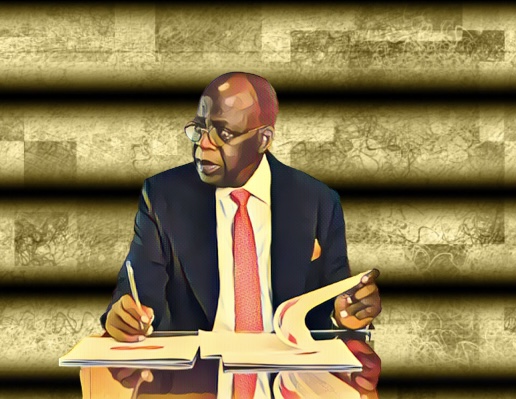Nigerian President Bola Tinubu has announced a waiver of the “no work, no pay” order imposed on striking doctors in August 2023. The order was meant to force the doctors to end their industrial action over poor working conditions and low pay, but it only aggravated the crisis in the health sector.
The doctors, under the umbrella of the National Association of Resident Doctors (NARD), had embarked on a 17-day strike from July 26 to August 12, demanding better welfare, hazard allowances, and payment of arrears. The strike paralyzed health services in public hospitals nationwide, leaving many patients without access to care.
The government responded by withholding the salaries of the striking doctors, citing a labor law stipulating that workers who embark on strike forfeit their wages for the period of the strike. The government also threatened to sack the doctors if they did not resume work.
However, after several negotiations and interventions by various stakeholders, the doctors suspended their strike and agreed to give the government more time to meet their demands. The government, on its part, promised to release the withheld salaries and address other grievances.
But the promise was not fulfilled until Friday, October 20, when President Tinubu approved waiving the “no work, no pay” order and directed the Accountant General of the Federation to release the doctors’ salaries.
A statement by Ajuri Ngelale, Special Adviser to the President on Media and Publicity, said Tinubu granted the waiver “with a mandatory requirement that the Federal Ministry of Health and Social Welfare and the Federal Ministry of Labour and Employment must secure a Document of Understanding (DoU) establishing that this exceptional waiver granted by the President will be the last one to be granted to the National Association of Resident Doctors and all other health sector unions.”
The statement added that Tinubu appreciated the doctors’ patriotism and sacrifice in serving Nigerians, especially during the COVID-19 pandemic. He also urged them to continue to dialogue with the government to resolve any outstanding issues.
The president’s decision has been welcomed by NARD and other health workers’ associations, who described it as a positive step towards restoring normalcy in the health sector. They also hoped the government would honor its other commitments and improve health workers’ welfare and working conditions.
However, for the general public, some commend his compassion and willingness to listen, while others express disappointment, viewing it as succumbing to pressure. However, all agree on the need for stability and progress in Nigeria’s health and education sectors.
Nigeria has one of the lowest doctor-to-patient ratios in the world, with about four doctors per 10,000 people, according to the World Health Organisation. Many doctors have left the country for better opportunities abroad due to poor remuneration and lack of facilities.
The frequent strikes by health workers have also worsened the situation, as many Nigerians resort to self-medication or seek alternative care from unqualified practitioners. This has increased the risk of complications and deaths from preventable and treatable diseases.
Experts have called on the government to invest more in the health sector and address the challenges faced by health workers. They have also urged the health workers to explore other means of resolving their disputes with the government without compromising patient care.
Source: MSN


